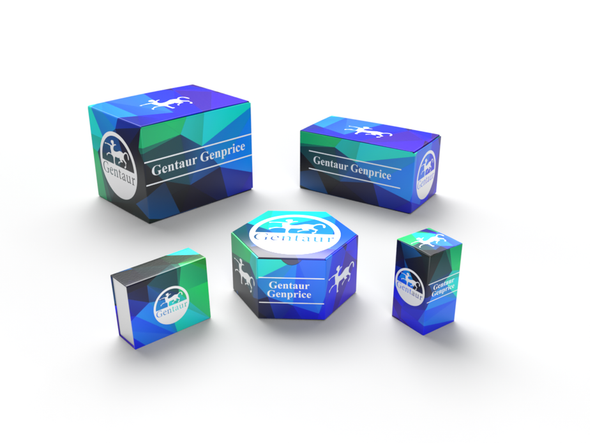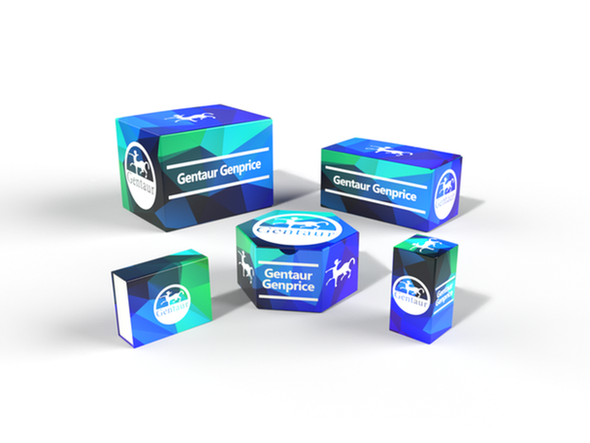Description
GOLGA6A Antibody | 59-869 | Gentaur UK, US & Europe Distribution
Host: Rabbit
Reactivity: Human
Homology: N/A
Immunogen: This GOLGA6A antibody is generated from rabbits immunized with a KLH conjugated synthetic peptide between 516-543 amino acids from the C-terminal region of human GOLGA6A.
Research Area: Signal Transduction
Tested Application: WB
Application: For WB starting dilution is: 1:1000
Specificiy: N/A
Positive Control 1: N/A
Positive Control 2: N/A
Positive Control 3: N/A
Positive Control 4: N/A
Positive Control 5: N/A
Positive Control 6: N/A
Molecular Weight: 80 kDa
Validation: N/A
Isoform: N/A
Purification: This antibody is purified through a protein A column, followed by peptide affinity purification.
Clonality: Polyclonal
Clone: N/A
Isotype: Rabbit Ig
Conjugate: Unconjugated
Physical State: Liquid
Buffer: Supplied in PBS with 0.09% (W/V) sodium azide.
Concentration: batch dependent
Storage Condition: Store at 4˚C for three months and -20˚C, stable for up to one year. As with all antibodies care should be taken to avoid repeated freeze thaw cycles. Antibodies should not be exposed to prolonged high temperatures.
Alternate Name: Golgin subfamily A member 6A, Golgin linked to PML, Golgin-like protein, GOLGA6A, GLP, GOLGA6
User Note: Optimal dilutions for each application to be determined by the researcher.
BACKGROUND: The Golgi apparatus, which participates in glycosylation and transport of proteins and lipids in the secretory pathway, consists of a series of stacked cisternae (flattened membrane sacs) . Interactions between the Golgi and microtubules are thought to be important for the reorganization of the Golgi after it fragments during mitosis. The protein encoded by this gene is a member of the golgin family of proteins, whose members localize to the Golgi. This gene is found in a large, low copy repeat sequence or duplicon that is found in multiple copies, that are greather than 90% similar, on chromosome 15. Duplicons are associated with deletions, inversions and other chromosome rearrangements that underlie genomic disease. The protein encoded by this gene is thought to be a functional golgin protein while the majority of the related copies of this gene are thought to be transcribed pseudogenes.






